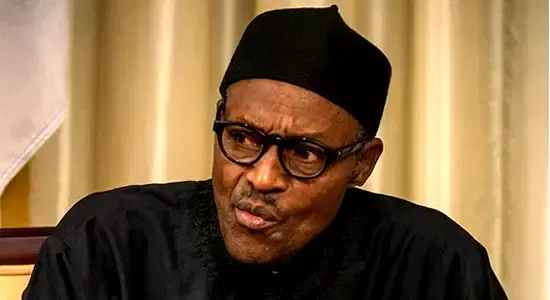
PRESIDENT Muhammadu Buhari and the 9th National Assembly presided over by Senator Ahmed Maina Lawan, have given Nigerians a parting gift: devolution of some powers, which were erstwhile exclusively wielded by the Federal Government, to the states.
Top among them are: empowerment of the states to build electric power stations and generate, distribute and transmit power within the areas covered by the national grid in the respective jurisdictions, and also authorising the states to build their own railways. These powers, which were in the Exclusive Legislative List, have been transferred to the Concurrent List.
Also, the 1999 Constitution Fifth Alteration Bills 2023 have freed the State Assemblies and the Judiciary from the stranglehold of the Governors, as they now enjoy financial autonomy. Also, the redesignation of the Prisons into the Concurrent List means the States can now build and operate Correctional Services. Altogether, the Fifth Alteration Bills signed by Buhari covered 19 areas of public interest. Conspicuously missing, however, is the matter of State Police and constitutional roles for traditional rulers.
This devolution of powers is a major vindication of those who argue that the 1999 Constitution bequeathed by the Military is redeemable. They posit that it is not necessary to dump the sacred document wholesale in the quest for a more wholesome substitute. For them, it is safer to gradually amend the Constitution in line with the pace of our civic development to avoid overnight changes that could throw the country into chaos.
The “True Federalism” school of thought believes that the 1999 Constitution, which the Military approved as a Decree without public input, lies when it says: “We, the People…” They also argue that the preponderance of officers from a part of the country in the military junta meant that the Constitution primarily took care of the core interests of that region. A new people’s Constitution, they say, would balance the equation.
With the devolution of these economic powers and strengthening of the separation of powers principle, especially in the states, hope is rising that the President and Governors’ overweening influences over the Judiciary will wane sufficiently, provided the Judiciary is willing to assert itself. We have seen situations where state legislatures opposed efforts to free them and the Local Government Councils, LGCs, from the stranglehold of the Governors.
At least, the Governors, State Assemblies and Judiciary now have the power to perform their checks and balances functions for better governance. We regret the failure of the just-concluded exercise to include approval of State Police and roles for traditional rulers. This is a shocking insensitivity to the insecurity and creeping anarchy threatening our nation. We hope the 10th National Assembly will quickly deal with these residual issues to further strengthen true federalism.
Disclaimer
Comments expressed here do not reflect the opinions of Vanguard newspapers or any employee thereof.